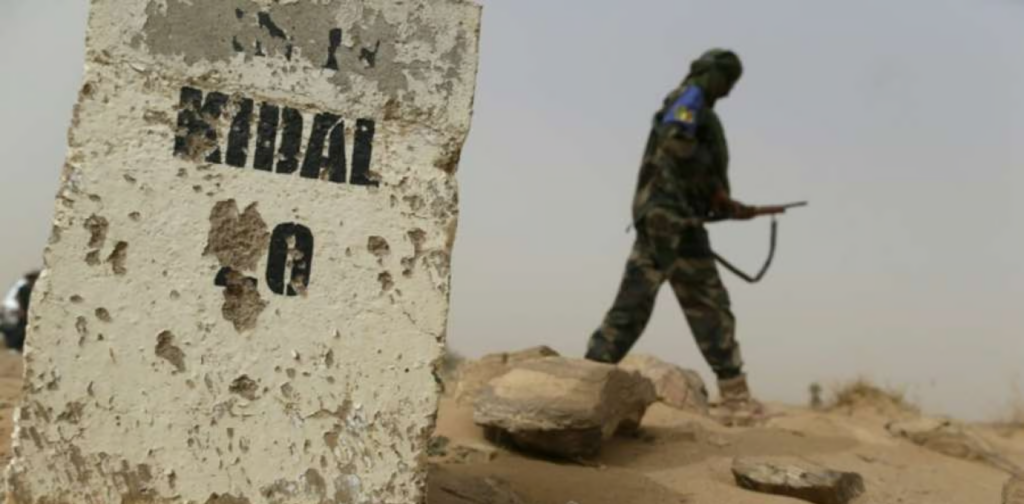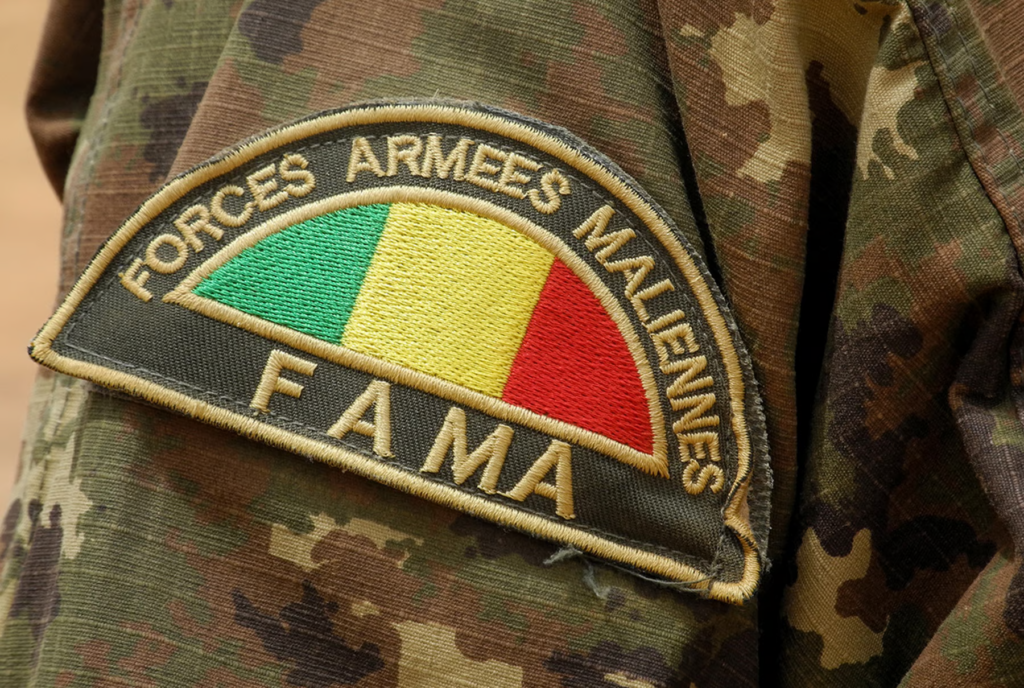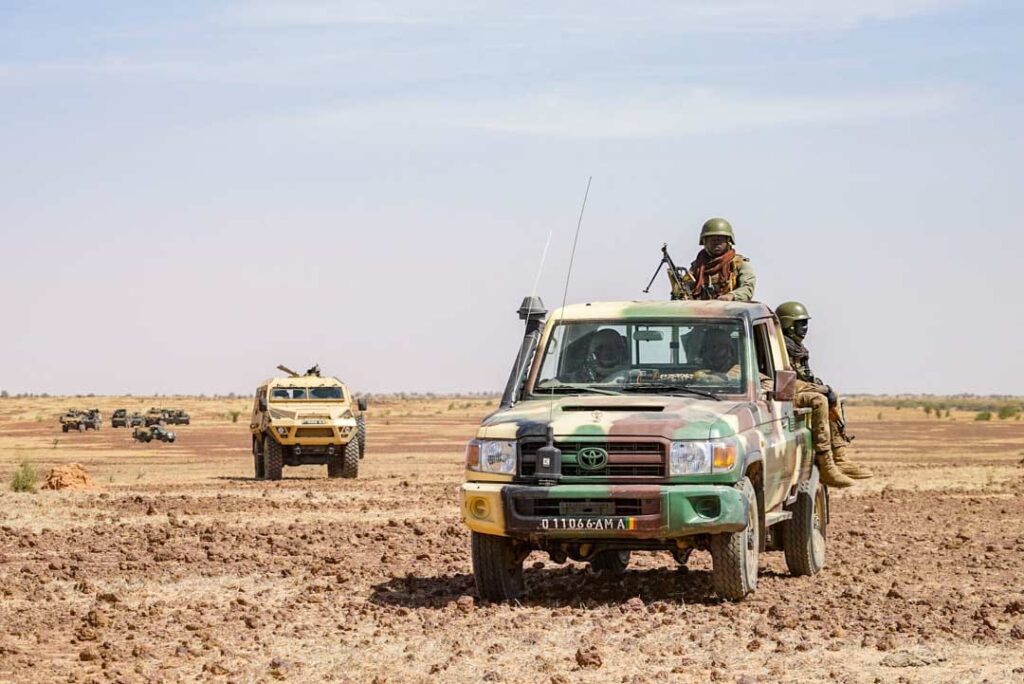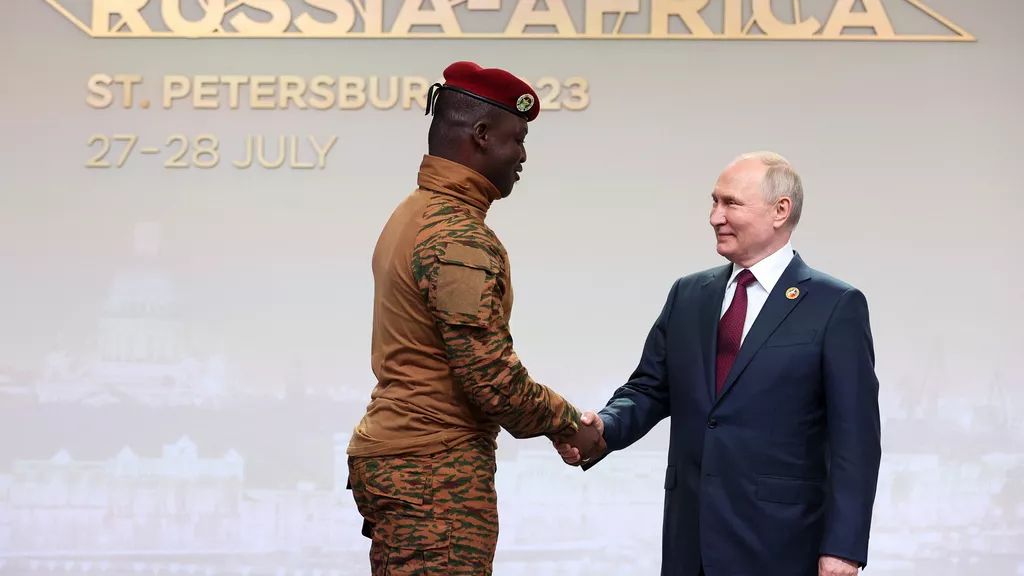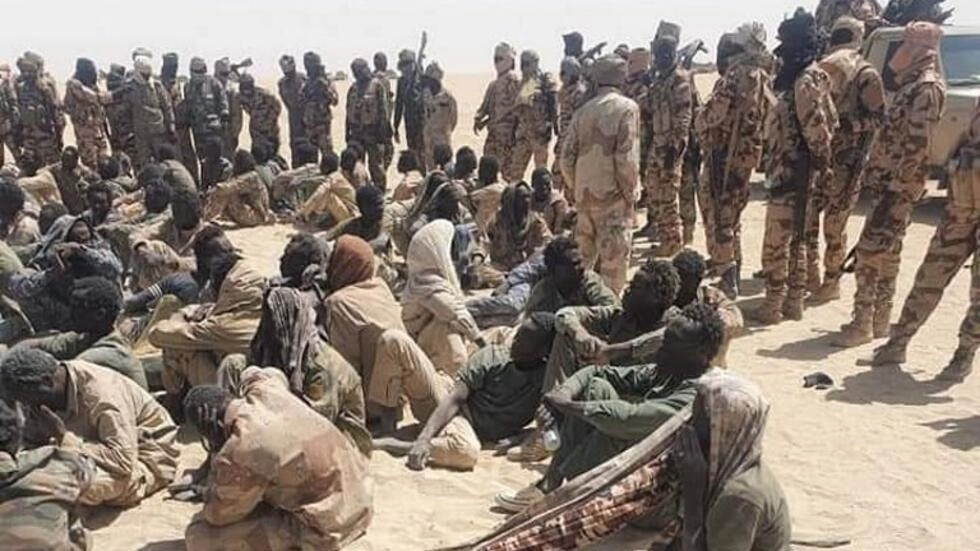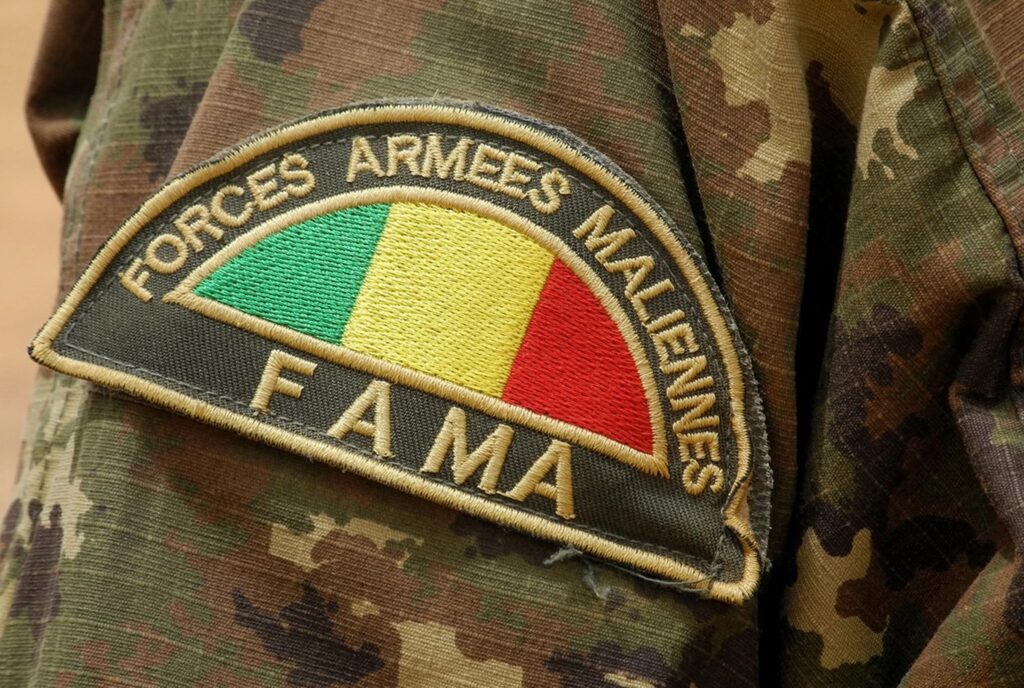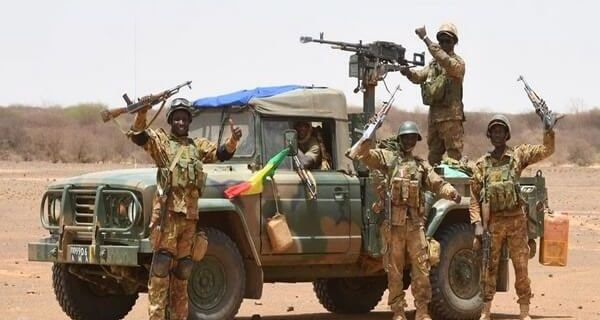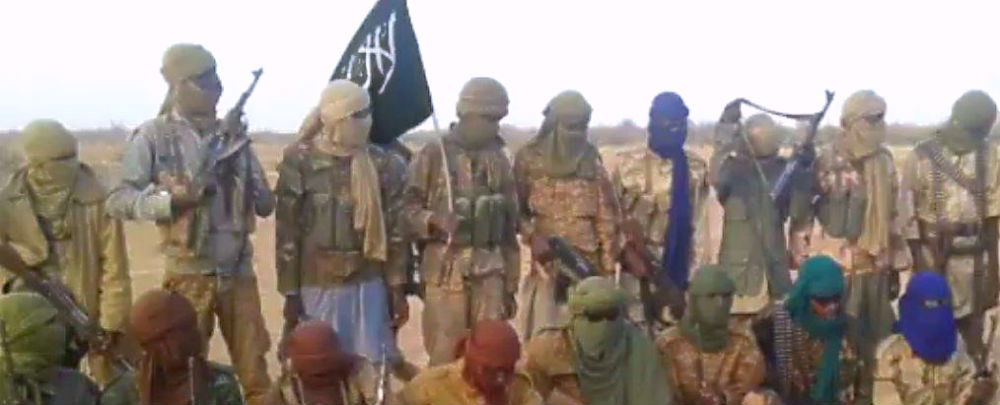Au Mali, l’armée sous le feu des jihadistes et des séparatistes
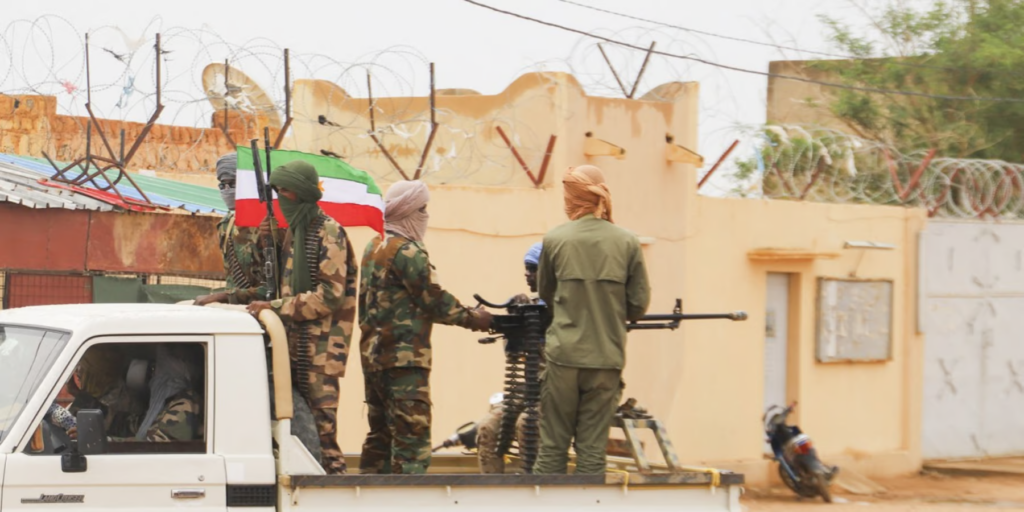
Ces derniers jours, trois camps militaires ont été ciblés par la Coordination des mouvements de l’Azawad (CMA) et par le Groupe de soutien à l’islam et aux musulmans (GSIM).
L’armée malienne a rapporté l’attaque de trois de ses postes dans le nord, l’ouest et le centre du pays depuis le mercredi 27 septembre. Les séparatistes de la Coordination des mouvements de l’Azawad (CMA), alliance de groupes armés à dominante touarègue, et les jihadistes du Groupe de soutien à l’islam et aux musulmans (GSIM), affilié à Al-Qaïda, ont revendiqué chacun leur côté la prise temporaire de deux d’entre eux.

